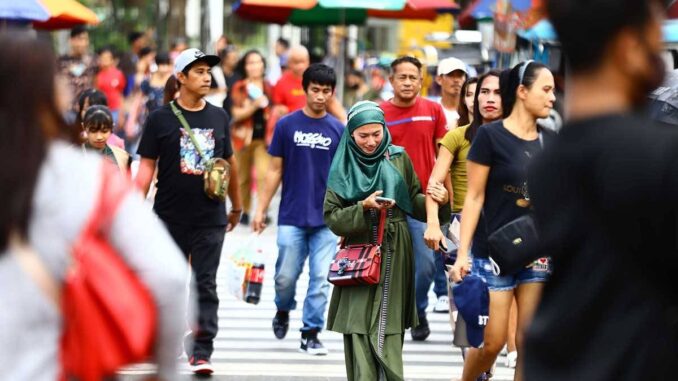
CLIMATE change, education, health and access to jobs are the top concerns of young Filipinos as they look toward the future, according to a study conducted by the United Nations International Children’s Emergency Fund (Unicef).
A recent U-Report poll showed that 26 percent of young Filipinos saw climate change and natural disasters as their biggest future challenge, 23 percent were worried about not finishing their education and 22 percent were concerned about health and finding a job.
Unicef’s U-Report is a digital platform where young people can share opinions and raise awareness on issues that matter to them, helping influence leaders.
According to Unicef, young Filipinos see the lack of entry-level jobs (33 percent) and current economic conditions (26 percent) as the biggest barriers to finding work or starting a business.
Other concerns include limited access to quality education (20 percent) and the impact of artificial intelligence technology (18 percent) on society in general.
While the youth are also concerned about the Philippine economy, they feel that the government should also focus on education and health, as well other key issues like corruption, bolstering agriculture, persistent poverty and the environment.
The country’s gross domestic product grew by 5.6 percent last year, falling short of the government’s target range of 6.0 to 7.0 percent.
This year, the government is keeping the growth target at 6.0 to 7.0 percent, which has already been achieved in the first half. Economic managers are confident that the full-year goal will be met, providing that the remaining two quarters will deliver at least a 6.0-percent result.
U-Report further found that the youth were divided on whether future generations would be “worse off” or “better off” (44 percent vs. 37 percent) than they are now.


Be the first to comment